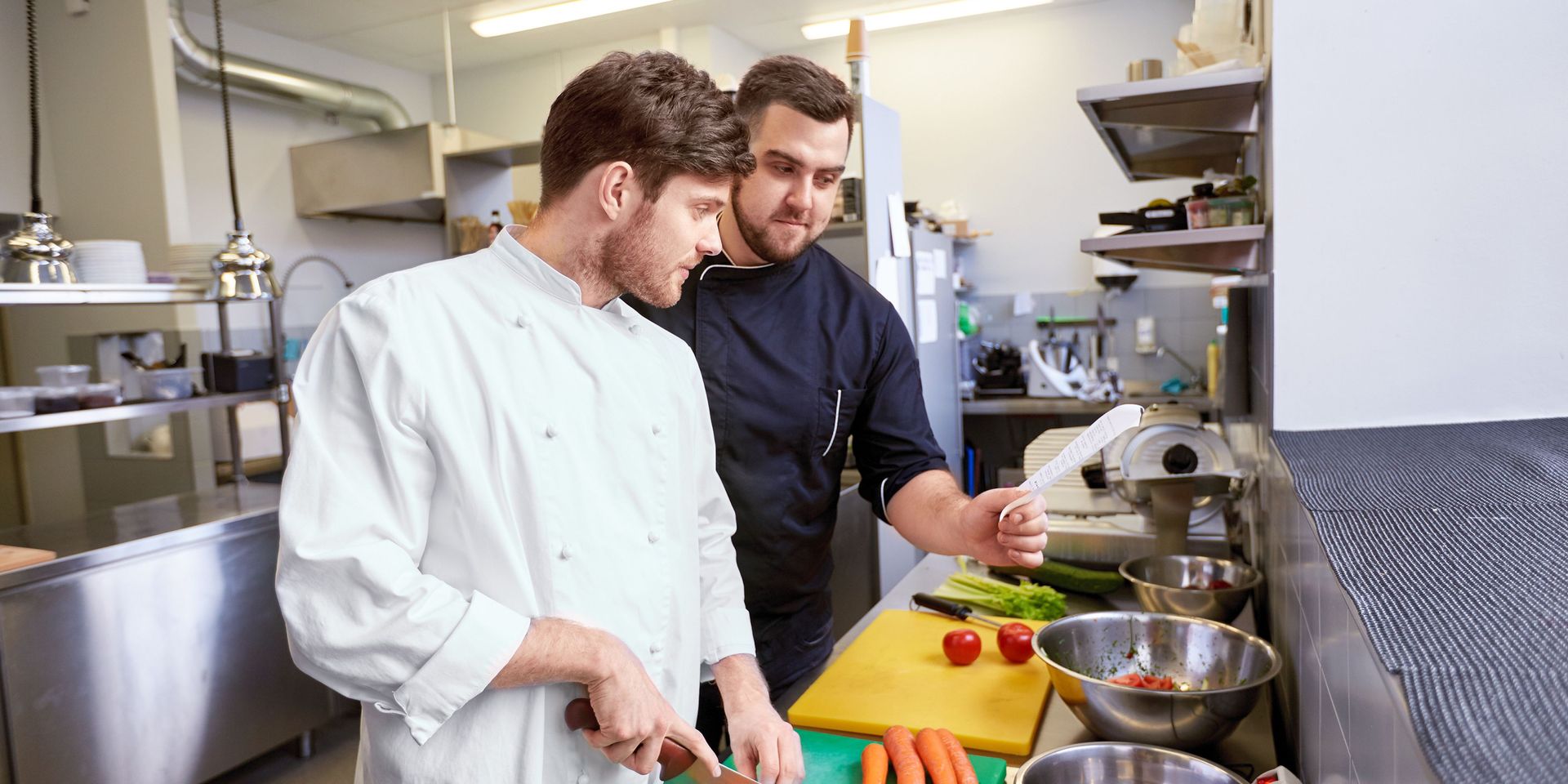A degree from a culinary school, such as a CAP Cuisine, BTS Hospitality-Restaurant, or a diploma from a recognized culinary school, is highly recommended. Knowledge of cost management, menu planning, and sanitary regulations are crucial. Continuous training and culinary specializations can enhance a professional career.
Head chefs may progress to positions such as executive chef, director of food services, or culinary consultant. Some choose to open their own restaurant. Participating in culinary competitions and engaging in continuous training are means of career development and recognition in the field.
Temporary work allows head chefs to diversify their experience by working in different types of establishments and taking on new culinary challenges. It's an opportunity to expand their professional network, test different approaches to cooking and management without long-term commitment. For establishments, temporary staffing provides a flexible solution to benefit from the skills of an experienced chef for specific needs, thus ensuring constant service quality.



